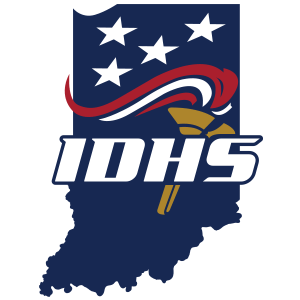SBA Disaster Loans Available
Businesses and residents of several Indiana counties are eligible to apply for low-interest disaster loans from the U.S. Small Business Administration for specific disasters that have occurred in Indiana. Find the application deadlines for these incidents on the Disaster Declarations page.
Emergency Disaster Assistance
Emergency Medical Needs
- Call 911.
Emergency Shelter
- Search for Salvation Army shelters
- Search for American Red Cross shelters
- Download the FEMA Mobile App to find open shelters.
- Text SHELTER and your ZIP Code (for example, “SHELTER 01234”) to 4FEMA (43362). For Spanish, text REFUGIO and your ZIP Code.
Other Immediate Needs
- Check with your local emergency management officials and volunteer agencies (including faith-based organizations).
- Call 211 for resource referrals.
- The FEMA Helpline (800-621-3362) may also be able to provide additional referrals. If you use video relay service (VRS), captioned telephone service or others, provide FEMA your number to use that service.
Resources
Open each category to find listings of resources at the local, state and national levels.
